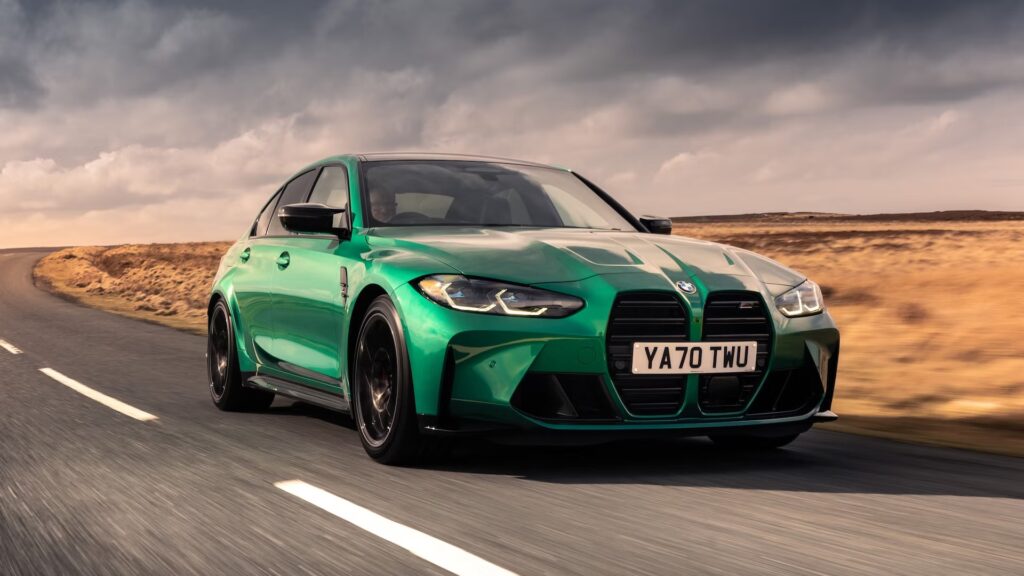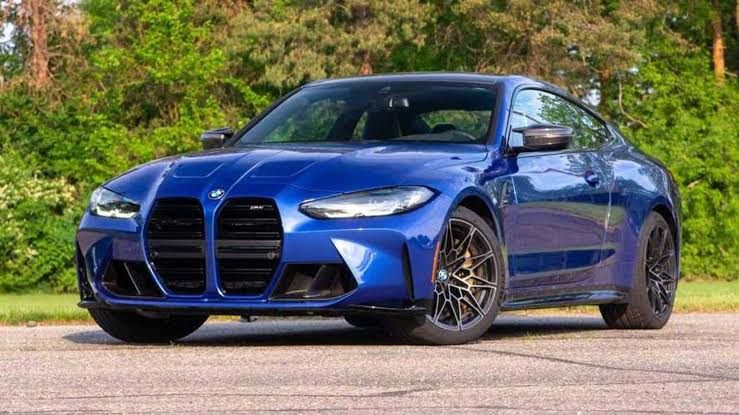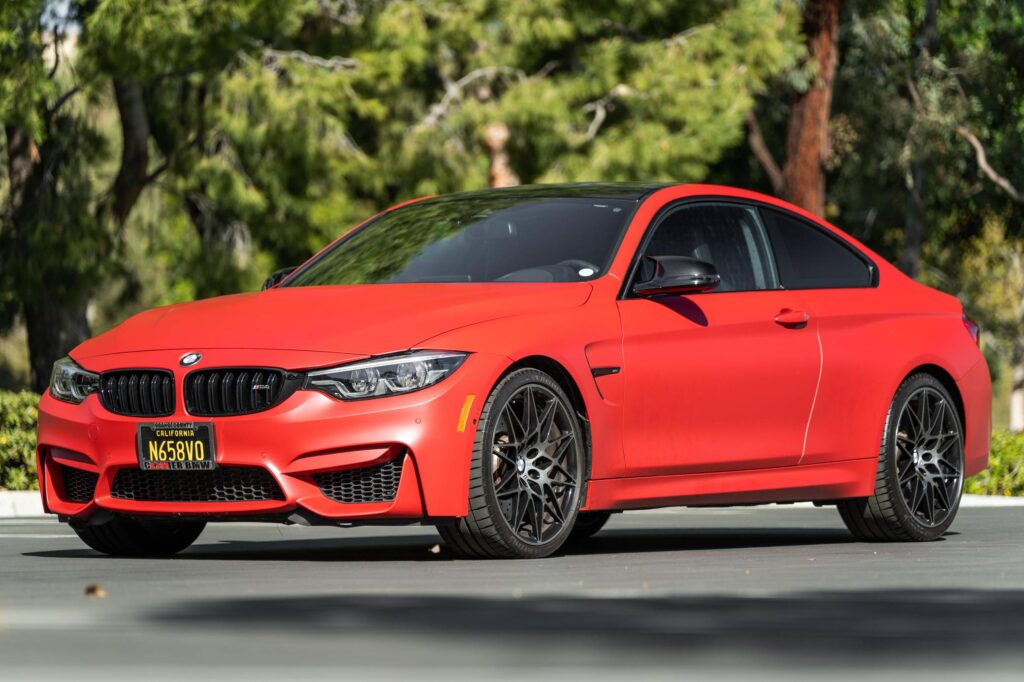BMW has announced a second recall related to fire risks, adding to its earlier wave of safety actions. Between the new and earlier recalls, over 341,000 vehicles in the U.S. are now implicated. Car owners and safety advocates alike are sounding alarms over the scale and severity of the defects.
What Defects Are Involved & Why the Recall
- The latest recall covers 145,000+ additional vehicles in the U.S. due to a starter motor defect that may overheat and increase fire risk.
- The issue stems from starter motors supplied by Denso. Repeated failed ignition attempts can overload the starter, causing overheating in surrounding components.
- Earlier in the same week, BMW recalled nearly 196,355 vehicles over a separate defect related to a starter relay that can corrode, short‑circuit, and lead to fire hazards—even while vehicles are parked.
- The combined recalls now push the total number of affected BMW vehicles (in the U.S.) well above 341,000 units.
Which Models Are Affected
- The new recall covers 2020 BMW 340i, 740Li, 840i, X5, X6, and X7 models with the Denso starters.
- The broader recall includes models across various series built between 2019 and 2022, and even Toyota Supras that share the same starter relay component.
- Owners are urged to check their VINs through NHTSA or BMW recall lookup tools to confirm whether their specific vehicle is impacted.
What BMW and Regulators Are Saying & Doing
- The U.S. National Highway Traffic Safety Administration (NHTSA) confirmed that dealers will replace the faulty starter parts free of charge for all affected vehicles.
- Until the repair is performed, BMW and NHTSA are recommending owners park their vehicles outside, away from buildings or other cars, to reduce risk in case of fire.
- Notification letters to owners are scheduled to begin mailing by November 14, 2025 for the latest recall batch.

What Owners Should Do Immediately:
- Check if your vehicle is part of the recall using your VIN via NHTSA or BMW’s recall portal.
- If your vehicle is affected, schedule the recall repair with an authorized BMW dealer as soon as possible.
- Until repair is done, park your vehicle outside away from structures or other vehicles.
- Avoid repeated start attempts if the engine doesn’t fire — those failures may exacerbate starter overheating.
Final Thoughts
BMW’s second recall underscores how even high-end automakers can struggle with seemingly small parts like starters or relays, and how those parts can lead to major safety hazards. For owners and prospective buyers, this is a reminder to stay vigilant about recalls and act quickly when safety notices emerge.



0 Comments